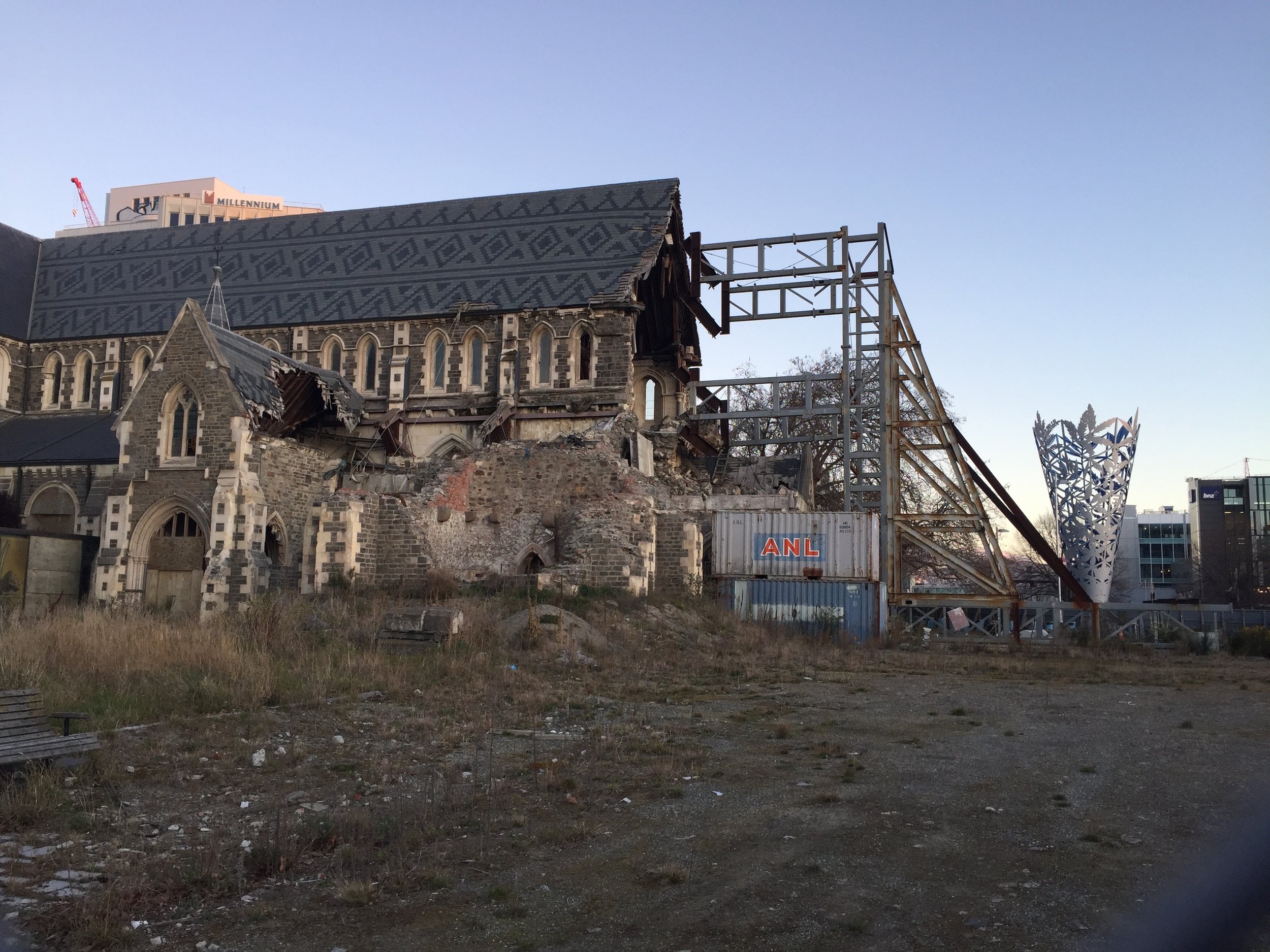B-I-N-G-O?
Now that summer is truly underway, it’s time for a book bingo check-in. How’s it going? Do you need a few more suggestions for books set in Cities of Literature?
Most of these titles are available digitally from The Seattle Public Library. If reading printed books is more your style, you can purchase books through Bookshop.org and support your favorite local indie bookstore in the process!
These featured titles are just a small selection of books set in Cities of Literature around the world. Stay tuned for more recommendations and let us know what you’re reading! And if you’re looking for recommendations for other squares on the board, The Seattle Public Library has got your back!
Nanjing Requiem by Ha Jin
Set during the 1937 Japanese invasion of Nanjing, this historical novel tells the story of Minnie Vautrin, an American missionary who, as dean of Jinling Women’s College, worked to protect the staff, students, and public during the occupation and beyond.
Kristin Lavransdatter: The Bridal Wreath by Sigrid Undset
Set in 14th century Norway, Kristin Lavransdatter is the life story of a passionate and headstrong young woman. The first volume in the trilogy relates Kristin’s life as a young girl, her devotion to her family, and her journey of self-discovery as she falls in love for the first time.
Richly detailed, the novel is an enduring portrait of medieval Norway from one of the country’s most celebrated writers.
Sons and Lovers by D.H. Lawrence
This classic, semi-autobiographical novel features Paul Morel, an artist whose relationship with his mother influences his romantic life. Primarily a study of family relationships, the novel also examines class dynamics as Paul’s mother must come to terms with her own unhappiness in her marriage to a coal miner.
The Kalavela
Much like the Iliad and the Odyssey, this great Finnish epic grew out of a rich oral tradition. Originally collected and assembled in the 1840s, the epic poem was published in 1849 and is thought to have played a central role in the development of Finnish identity and their quest for independence.
Axiomatic by Maria Tumarkin
Winner of the Melbourne Prize for Literature's Best Writing Award, Axiomatic presents five sections that examine the way that we come to terms with our inherited traumas and the systems that uphold them. With wit and spirit, Tumarkin explores loss and grief, and how our particular histories inform who we become in the world.
The Song of Roland by Michel Rabagliati (translation Helge Dascher)
Set in Quebec City, Paul, (“the Tintin of Quebec”) visits his father as he fights cancer in this beautiful and internationally acclaimed comic book.
Harvest of Chronos by Mojca Kumerdej
Set in the 16th Century, this epic and funny novel provides a colorful portrait of the Renaissance in Central Europe as politicians try to topple the monarchy and artists and thinkers introduce new philosophies.
Truth & Beauty by Ann Patchett
This tender and brutal memoir recounts Patchett’s friendship with poet Lucy Grealy, after the two attended the Iowa Writers’ Workshop. It’s an unblinking portrait, and an examination of how we can still love those we cannot save.
Iraq + 100 edited by Hassan Blasim
Iraq +100 asks contemporary Iraqi writers (both living in Iraq and abroad) to imagine what their home country might look like in the year 2103, a century after a calamitous foreign invasion. This innovative anthology features science fiction, magical realism, and allegory to challenge the idea of what it means to be "The Other.”
At Least We Can Apologize by Ki-ho Lee
This comic novel imagines an agency whose only purpose is to offer apologies on behalf of its clients, and explores how guilt (as well as the minor annoyances and significant grievances that cause it) functions in an often irrational society.
















